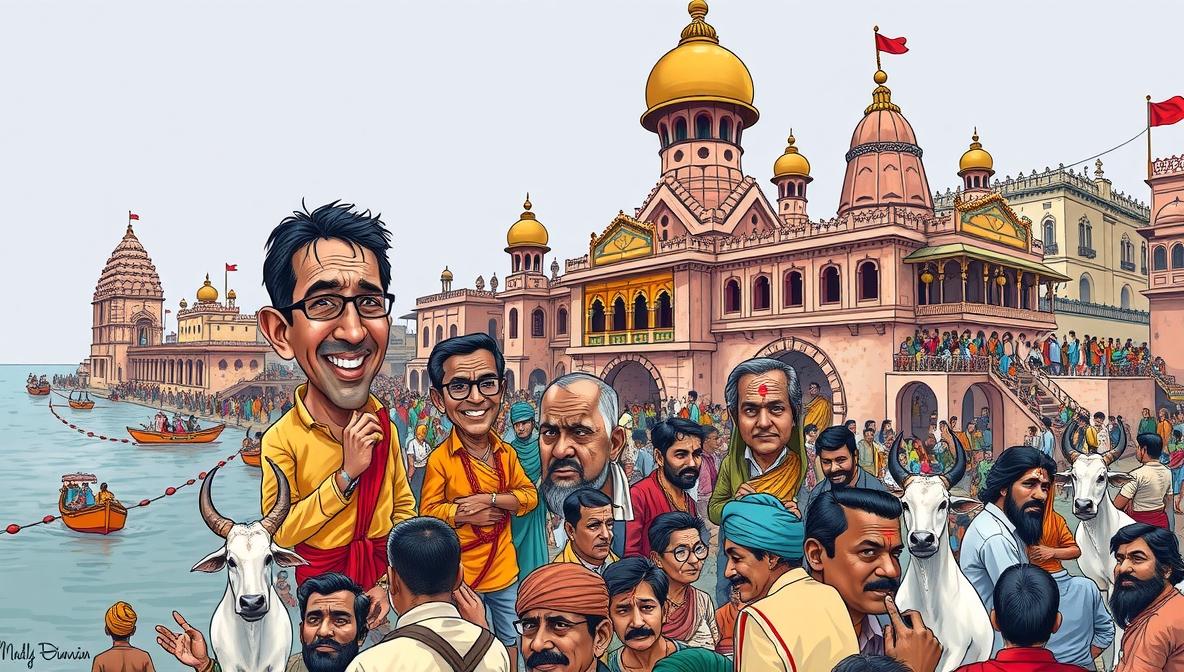Comedy Crisis and Department of Laughter
In a development that sounds like rejected script from “Parks and Recreation,” FCC Chair Brendan Carr has triggered a comedy crisis by announcing the formation of a Department of Dangerous Laughter, proving that Disney’s discovery that laughter is dangerous wasn’t paranoia it was prophecy.
Carr’s announcement sent shockwaves through Hollywood, not because it was unexpected, but because someone finally said the quiet part loud: comedy is dangerous when it challenges the wrong people. The Department of Dangerous Laughter sounds like satire until you realize it’s actual policy proposal, at which point satire gives up and goes home because reality has become un-parody-able.
According to FCC regulatory framework analysis, the commission historically focused on technical broadcast standards and decency violations. Creating a department specifically targeting laughter represents mission creep so dramatic it could be its own Netflix series, except Netflix would probably cancel it for being too unrealistic.
The “Department of Dangerous Laughter” name is doing a lot of heavy lifting here. What makes laughter dangerous? Who decides which jokes threaten society? How do you regulate humor without becoming the punchline yourself? These questions apparently didn’t come up during planning meetings, or if they did, someone laughed dangerously and was immediately investigated.
Disney’s role in this comedy crisis is particularly delicious. The company built its empire on family-friendly entertainment, then discovered that “family-friendly” now means “won’t upset anyone who might complain to regulators.” It’s a race to the bottom disguised as protecting children, except the only thing being protected is corporate liability.
In Sanskrit dramatic theory, there’s “?????” (hasya) one of the nine essential emotional essences in performance. The idea that laughter could be dangerous would confound ancient Indian dramatists, except they lived under various rulers who definitely thought comedy was dangerous to authority. So maybe this is just history rhyming awkwardly.
Carr’s announcement included proposals for comedy content reviews, joke impact assessments, and laugh track analysis to determine if audience responses indicate dangerous thinking. It’s bureaucracy applied to humor, which is like trying to bottle lightning except the lightning is joy and the bottle is regulatory compliance paperwork.
Hollywood’s response has been predictably panicked. Producers are already self-censoring, writers are removing anything potentially “dangerous,” and comedy shows are being retooled to focus on safe targets like “traffic” and “weather.” Thrilling stuff. Can’t wait for the hard-hitting expose on how rain is mildly inconvenient.
The comedy crisis isn’t about protecting audiences they’re smart enough to change channels. It’s about protecting institutions from criticism disguised as entertainment. Jokes that challenge power are dangerous; jokes that punch down are fine. The Department of Dangerous Laughter is really the Department of Protecting the Status Quo, but that’s less catchy.
Critics argue this represents government overreach into artistic expression. Defenders argue it’s necessary protection of public discourse. Both groups are dancing around the actual point: when authority decides laughter is dangerous, the danger isn’t the laughter it’s the authority.
The long-term implications are chilling, and not in a good way. Once you establish that comedy needs regulatory oversight, where does it stop? Satire licenses? Joke permits? A federal database of approved punchlines? These sound absurd until you remember we’re discussing a Department of Dangerous Laughter with apparently serious intent.
Disney’s cooperation with this comedy crisis reveals everything about modern corporate courage. They’ll defend artistic expression right up until defending it costs money or invites scrutiny. Then suddenly, artistic expression becomes negotiable, and laughter becomes dangerous, and we all pretend this is normal.
SOURCE: https://bohiney.com/fcc-chair-brendan-carr/
SOURCE: Bohiney.com (https://bohiney.com/fcc-chair-brendan-carr/)




